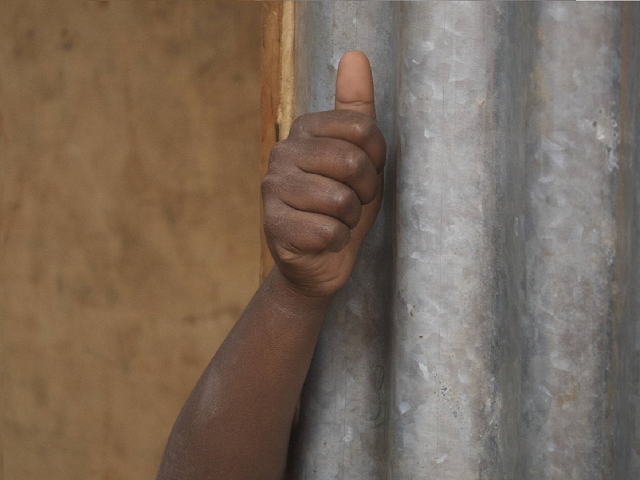Successfully sending volunteers abroad for 10 years
Politically, South Africa has a troubled history. In the past, friction between various ethnic groups, especially the oppression of black South Africans by whites under Apartheid, led to much suffering and division within society.
However, through these troubled times have emerged some influential proponents of peace who have spoken out for the oppressed and the disenfranchised; Nelson Mandela and Archbishop Desmond Tutu, for example, both revolutionary anti-apartheid activists. In fact, it was Desmond Tutu who coined the term 'Rainbow Nation' to celebrate the diverse and unified society of post-Apartheid South Africa, after the first democratic election in 1994.
Of the 11 official national languages, South Africa's most common mother-tongue is Zulu but, unlike us Brits, most South Africans speak multiple languages and both English and Afrikaans are fluently spoken throughout the country.
South African cuisine (the information you really came here for) is generally heavily meat-based. The national dish is bobotie (curried mince-meat topped with spices and baked with egg), while braai (barbecues) are a popular social custom. However, vegetarians should not panic as plenty of other aspects of typical SA cuisine are delicious and veggie-friendly including chakalaka (a vegetable dish made of onions, tomatoes, peppers, carrots, beans and spices), pap (a porridge made from maize) and all kinds of stews, fruits and vegetables. Observant food aficionados may notice an infusion of Indian spices in certain dishes. This is a result of the influence of Indian slaves brought to South Africa by 17th century Dutch settlers - hence the Cape Malay curry, a favourite in Cape Town.
When it comes to wildlife, South Africa is a treasure trove of nature. Lions, leopards, cheetahs, white rhinoceroses, wildebeest, impalas, elephants, and giraffes can all be found in the country’s national parks. Sadly, during the 19th century, over-deforestation led to large areas of natural habitat being destroyed, putting many species in danger. Consequently, conservation efforts are now extremely important to ensure South Africa’s incredible biodiversity is not lost.
Agape’s projects in South Africa mostly revolve around this need for conservation and the majority of volunteering is based on game reserves, monitoring and spending time with the animals living there to understand more about their movements and behaviour. For everyone from biology to conservation students, volunteering in South Africa with animals is a richly educational and inspiring experience.
In Other News
We've always got plenty going on, so why not check out some of our other latest news and thoughts? Or perhaps you're ready to gt stuck in yourself? If so, Apply Now to get in touch with one of our specialist trip advisors.
2021: The year to start exploring again?
Here at Agape Volunteers we’re sure that many of you are looking forward to leaving 2020 behind. So what are your plans for 2021?
What A Year!
2020 has been a very challenging year for so many people around the world but we're looking forward to 2021 with hope and optimism.

